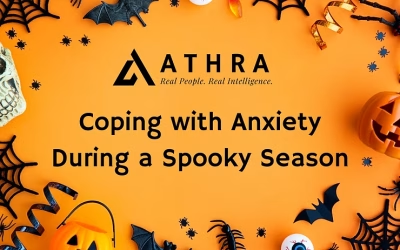Friendship is often described as one of the most valuable treasures in life, and for good reason. Beyond the joy and laughter shared, friendships play a crucial role in our mental health and well-being.
The National Council for Mental Well-being states that friendship is something that individuals never outgrow, and no matter the age or what is happening, close, healthy friendships encourage positive mental health and well-being.
Research has consistently shown that having strong social connections can have a profound impact on our mental health, influencing everything from our mood to our overall sense of happiness and fulfillment.
The Power of Connection
At the core of friendship lies a deep sense of connection. Having friends means having someone to share our joys and sorrows with, someone who understands us and accepts us for who we are. This sense of connection is vital for our mental health, as it provides us with a sense of belonging and validation. Knowing that we have people who care about us can boost our self-esteem and confidence, helping us navigate life’s challenges with greater resilience.
A Buffer Against Stress
Friendship also serves as a powerful buffer against stress. When we have strong social support networks, we are better equipped to deal with the ups and downs of life. Friends can provide us with emotional support, offering a listening ear or a comforting presence when we’re feeling overwhelmed. This support can help reduce feelings of loneliness and isolation, which are often associated with poor mental health outcomes.
Promoting Positive Mental Health
Friendships are not only important during challenging times but also play a crucial role in promoting positive mental health. Spending time with friends can boost our mood and increase feelings of happiness. Laughter, in particular, has been shown to have a range of benefits for our mental health, from reducing stress and anxiety to improving our overall outlook on life.
Building Resilience
Friendships also play a key role in building resilience. Having friends who support and encourage us can help us face adversity with greater strength and optimism. Knowing that we have people we can rely on can give us the courage to take risks and pursue our goals, knowing that we have a safety net to fall back on if things don’t go as planned.
Nurturing Friendships
While friendships can have a profound impact on our mental health, it’s important to remember that they require effort and nurturing. Building strong friendships takes time and commitment, but the rewards are well worth it. Taking the time to cultivate meaningful connections can have a lasting impact on our mental health and well-being, helping us lead happier, more fulfilling lives.
Friendship is a powerful force that can have a profound impact on our mental health. From providing emotional support to boosting our mood and resilience, the benefits of friendship are far-reaching. As we celebrate International Friendship Day, let’s take the time to cherish and nurture the friendships that enrich our lives, knowing that they play a vital role in our mental health and well-being.











